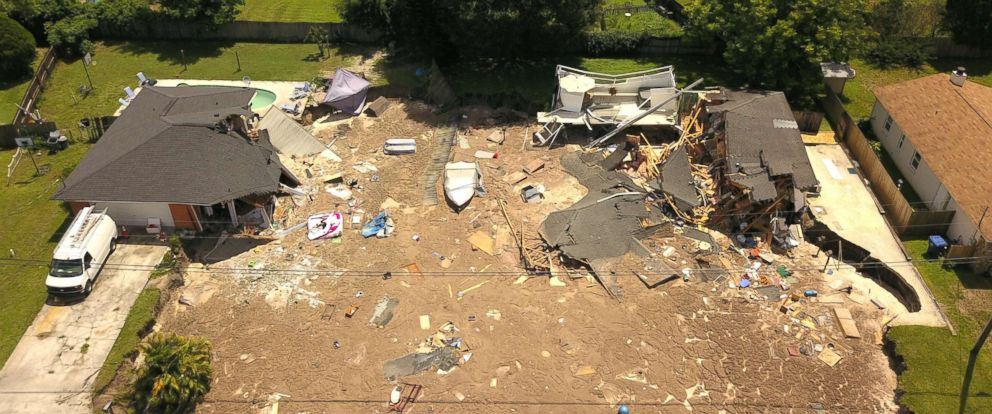
In Florida, insurance companies are required to provide homeowners insurance coverage that includes damage from “catastrophic ground cover collapse.” They are also required to offer sinkhole damage coverage as an option, and it generally appears in a rider that comes at an additional cost. The insurance law defines catastrophic ground cover collapse in a different way than it defines a sinkhole.
Catastrophic Ground Cover Collapse
By Florida law, four conditions must be met for Florida homeowner’s insurance to cover damage (building and contents) from catastrophic ground cover collapse:
The sinking of the top layer of soil must occur abruptly.
A depression in the ground cover must be clearly visible without the aid of instruments.
There must be structural damage to the home, including the foundation itself.
A government agency must condemn and evacuate the structure.
Settling or cracking of a structure does not automatically trigger coverage for catastrophic ground cover collapse.
Damage from a sinkhole that meets all the above conditions should be included in coverage for a catastrophic ground cover collapse. Damage from a sinkhole that does not meet the above conditions will not be covered, unless sinkhole coverage has been purchased separately.
Changes in Florida Insurance Law
In most states, coverage for home damage due to earth movement is not required. Only Tennessee and Florida require certain kinds of coverage for earth movement. Until 2007, sinkhole insurance coverage in Florida was very broad. In 2007, the Florida legislature passed Florida Statute 627.706, which requires insurance companies to provide all homeowners with coverage only for catastrophic ground cover collapse. Broader coverage for less severe damage from sinkholes was changed to an optional coverage (which would cost more).
Sinkhole claims tripled between 2007 and 2011, according to the Tampa Bay Times. There was not a clearly defined threshold for what structural damage was covered. Insurance companies faced major losses. In 2011, the legislature passed Florida Senate Bill 408, narrowing the scope of qualifying damage. Also, money paid for claims then had to be used to repair the property. Other provisions under the current law also include the following:
- A sinkhole loss must include structural damage that includes the foundation.
- Structural damage must involve foundation movement that exceeds an acceptable variance in the building code, and it must cause the structural systems to be unable to support the loads they were designed for.
- There is a 2-year limit for filing sinkhole damage claims.
- Homeowners who accept a rebate from a contractor after filing a claim risk having their sinkhole insurance voided and having to repay the rebate.
Time limits for testing by the policyholder, signing of repair contracts, and repair completion were established.
Information from Sinkhole.com